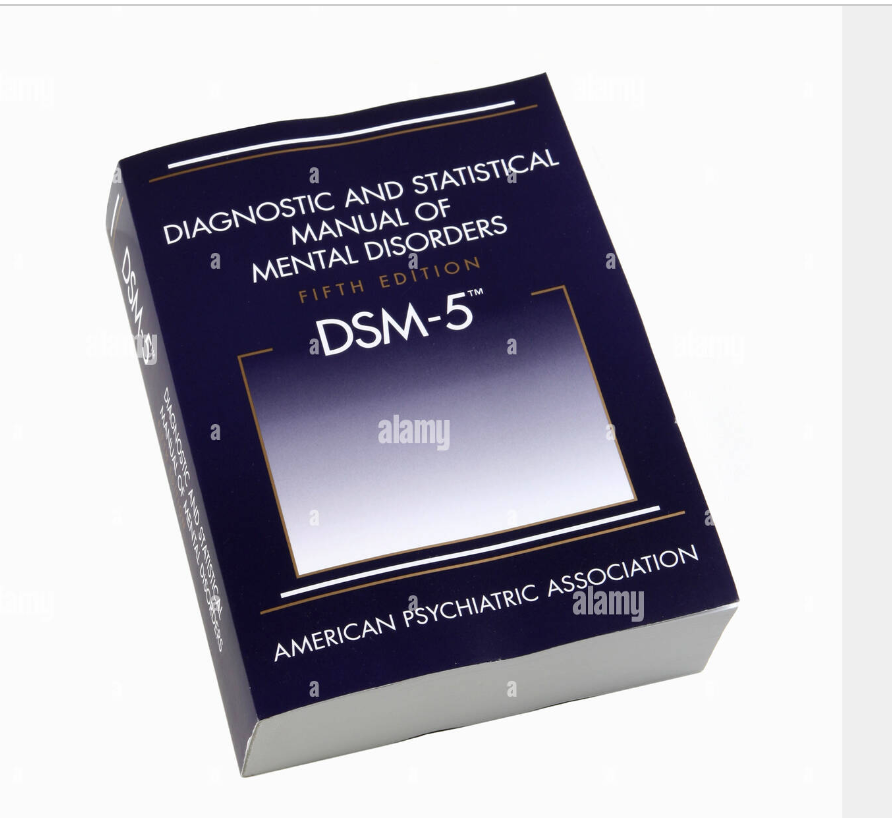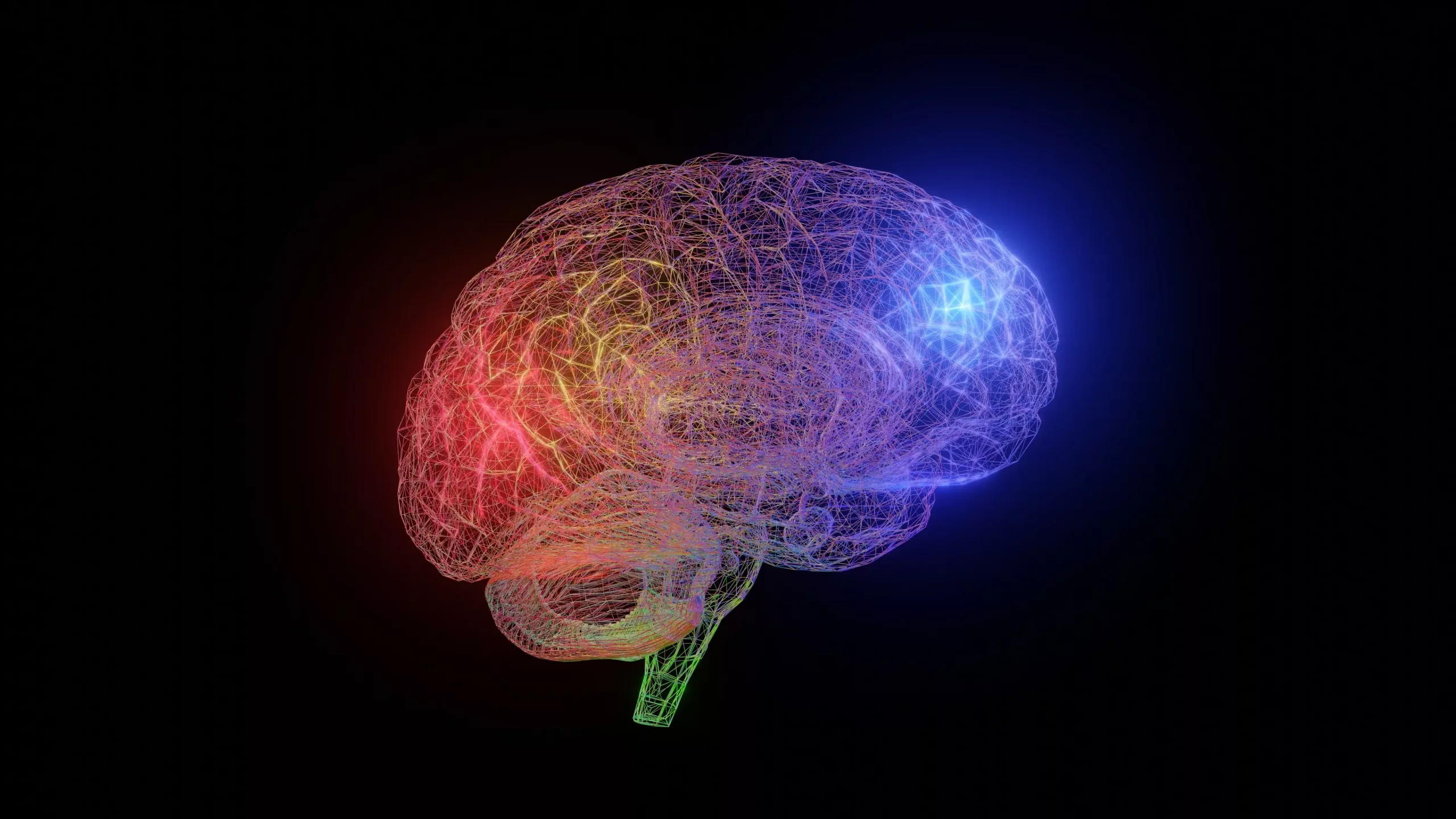The Food and Drug Administration yesterday approved an intranasal form of esketamine for treatment-resistant depression in adults who have failed at least two oral antidepressants of different classes. The spray, from Janssen Pharmaceutical (Spravato) is available in tamper-resistant prepackaged units of one, two, or three devices to deliver the prescribed doses of 28 mg, 56 mg, or 84 mg, respectively. The Ketamine nasal spray will be managed under an FDA Risk Evaluation and Management Strategy (REMS). It will only be available to prescribing clinicians who have undergone training on the risks of esketamine and the importance of monitoring patients after their dose is administered. Facilities licensed to dispense esketamine must have the ability to medically monitor patients for at least 2 hours after administration. (Patients will self-administer the spray and will not be able to take any of it home.) A boxed warning on the label will note that patients are at risk for sedation and difficulty with attention, judgment, and thinking (dissociation); abuse and misuse; and suicidal thoughts and behaviors after administration of the drug.
Neither Janssen, nor the FDA, indicated a timeframe when esketamine will be available to a larger population of people with MDD.





Leave A Comment